- Saturday, 28 February 2026
Bill Gates cancels India summit speech to 'ensure focus' on AI
"After careful consideration, and to ensure the focus remains on the AI Summit's key priorities, Mr. Gates will not be delivering his keynote address," the foundation said in a statement.
China's commercial rocket SD-3 launches 7 satellites from sea
The SD-3 commercial rocket blasted off at 2:37 p.m. (Beijing Time) from waters off the coast of Yangjiang in south China's Guangdong Province. The seven satellites include Pakistan's PRSC-EO2 satellite.
Xi visits IT innovation park in Beijing
At the park, Xi learned about IT application and innovation, and was briefed on Beijing's efforts to expedite the development of an international sci-tech innovation center. Xi checked the display of sci-tech innovation outcomes, and talked with researchers and heads of sci-tech enterprises.
BFIN Insurance Conference 2026 concludes with emphasize for global alignment and digital innovation
Banking Finance and Insurance Institute of Nepal (BFIN), Insurance Conference 2026, themed “Building a Resilient Insurance Ecosystem: Risk, Regulation and Revolutionizing Digital Innovation (3R)” held today at Kathmandu concluded with the experts emphasized for global alignment and digital innovation.
AI training for teachers in Bhanu Municipality
A training session focused on artificial intelligence (AI) has been held for educators working in various schools across Bhanu Municipality.
China's first reusable liquid rocket test offshore platform set for operation
China's commercial space sector, notably, sustained rapid growth in 2025, completing 50 launches last year, the China National Space Administration (CNSA) said on Tuesday.
Retired extravehicular spacesuit returns to Earth via Shenzhou-20 spaceship
The suit, dubbed extravehicular spacesuit B, is the first of its kind on China's space station to achieve the lifespan extension goal of supporting 20 extravehicular activities (EVAs) within four years.
Minister for Communication and Information Technology resigns
In his resignation letter, Minister Kharel stated that he decided to resign from his post before entering the arena of party politics and considering the independent identity of the current government.
Governing digital platforms in election challenging: Secretary Raut
He said it in a two-day orientation on election conduct and management for chief returning officers, election officers, province and district election officers for the election to the House of Representatives in Biratnagar today.
KU organizing AI Conclave
Kathmandu University (KU) is organizing AI Conclave 2026 from today. The three-day-long conclave is being held at KU, Dhulikhel, at the call of the Artificial Intelligence Club of the Department of Artificial Intelligence, KU.
GIOMS mandatory in all ministries: Communications Minister Kharel
Minister for Communications and Information Technology Jagadish Kharel has instructed the Department of Information Technology to work towards making the Government Integrated Office Management System (GIOMS) mandatory in all ministries.
Security Printing Centre: 9,000 licenses printed in two months
Around 9,000 units of driving license have been printed in the Security Printing Center in Panauti Municipality-5 during two months.


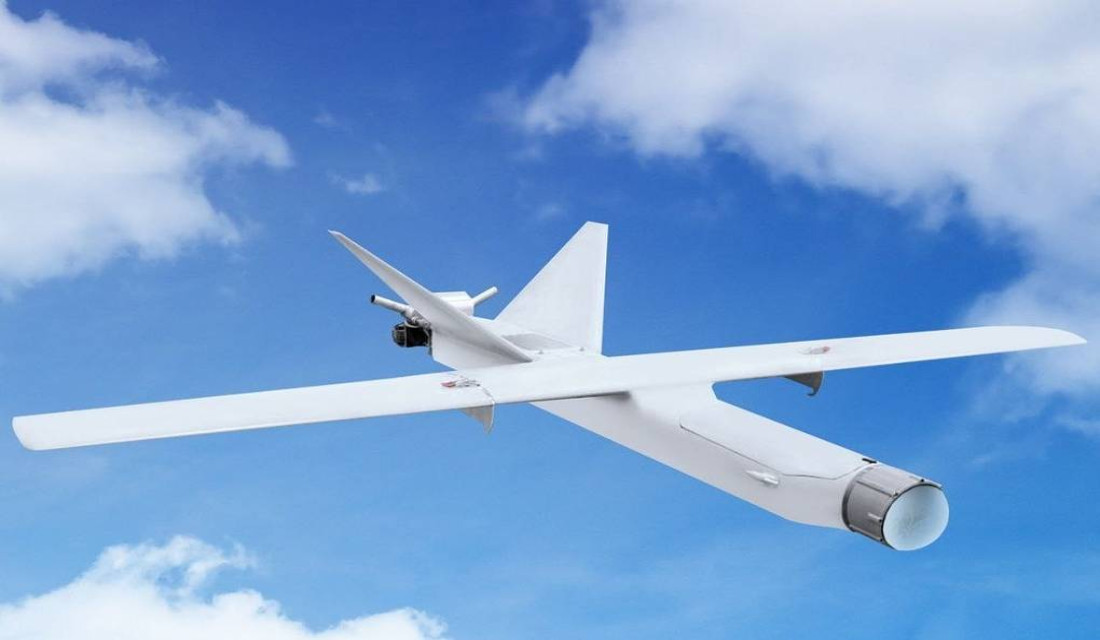

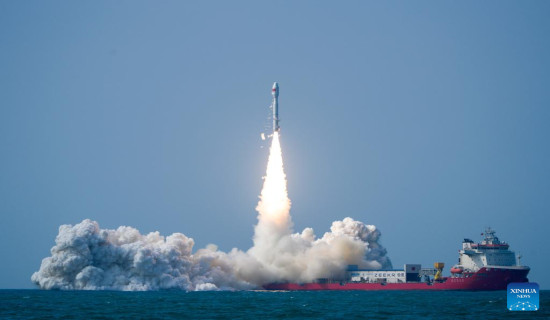



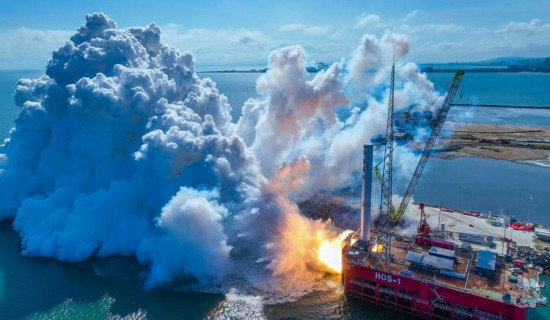


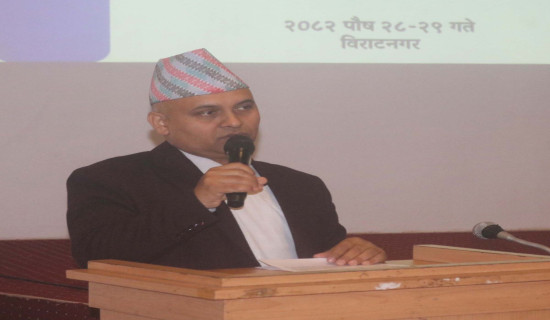
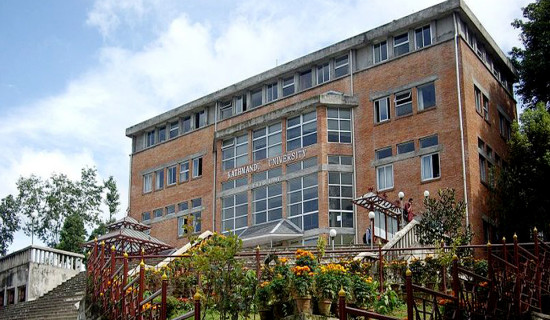
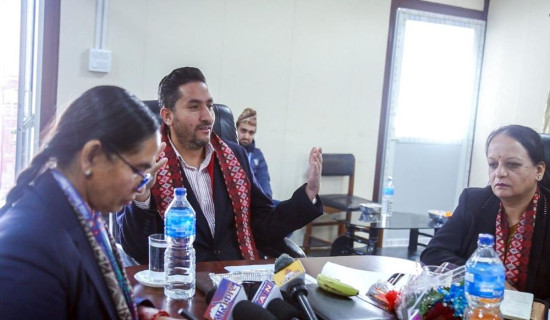
-original-thumb.jpg)
-original-thumb.jpg)